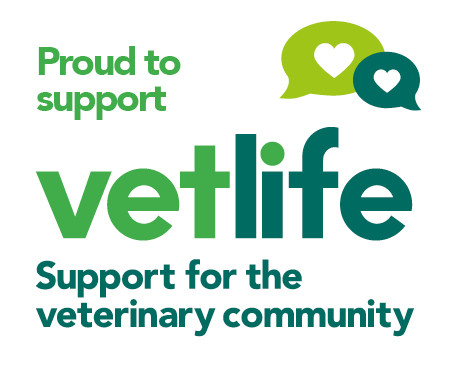BCVA is calling for greater support for the food and farming sector considering significant labour shortages, highlighted once again by the Environment Food and Rural Affairs (EFRA) Committee this week.
EFRA’s report asserts that the government has failed to recognise the impact of the labour shortages, which “pose real risks of further price rises for consumers in supermarkets, reduced UK competitiveness and increased amounts of imported food.”
According to data released by the Royal College of Veterinary Surgeons (RCVS), the annual number of registrants coming to work in the UK fell by 68 per cent from 1132 in 2019 to just 364 in 2021. Whilst at the same time, according to data from the Animal Health and Plant Agency (APHA), applications for food-related export health certificates shot up by 1255 per cent.
BCVA, along with colleagues in key associations, including BVA, have raised concerns that the impact on both public health and animal welfare could be devastating.
Elizabeth Berry says “For a long time the UK farm vet sector has benefited from a substantial number of EU registrants, but we see from the RCVS data that this number has been falling in recent years – and we are feeling it in practice and on our client’s farms.
“Our need for farm staff, abattoir workers, vet techs, and vets is increasing – yet our resources are depreciating. Farm vets and farmers have worked hard to maintain welfare standards during the massive challenges around Covid. And we are now committed to meeting the needs of a global food crisis, as well as dealing with the consequences of new export and import requirements – this all requires an appropriately qualified and experienced workforce.
“Animal welfare and public health cannot be jeopardised, and as such we welcome EFRA’s calls on the government to review their position and urge the Independent Chief Inspector of Borders and Immigration, David Neal, to conduct his promised inspection of the impact of the current immigration system on the agricultural sector. We need the Government to work with industry to tackle the immediate labour shortage facing the sector and to develop a long-term labour strategy that produces enough qualified UK workers to reduce dependence on overseas labour. Our current situation threatens food security, animal welfare. and the mental health of those working in this sector.”






